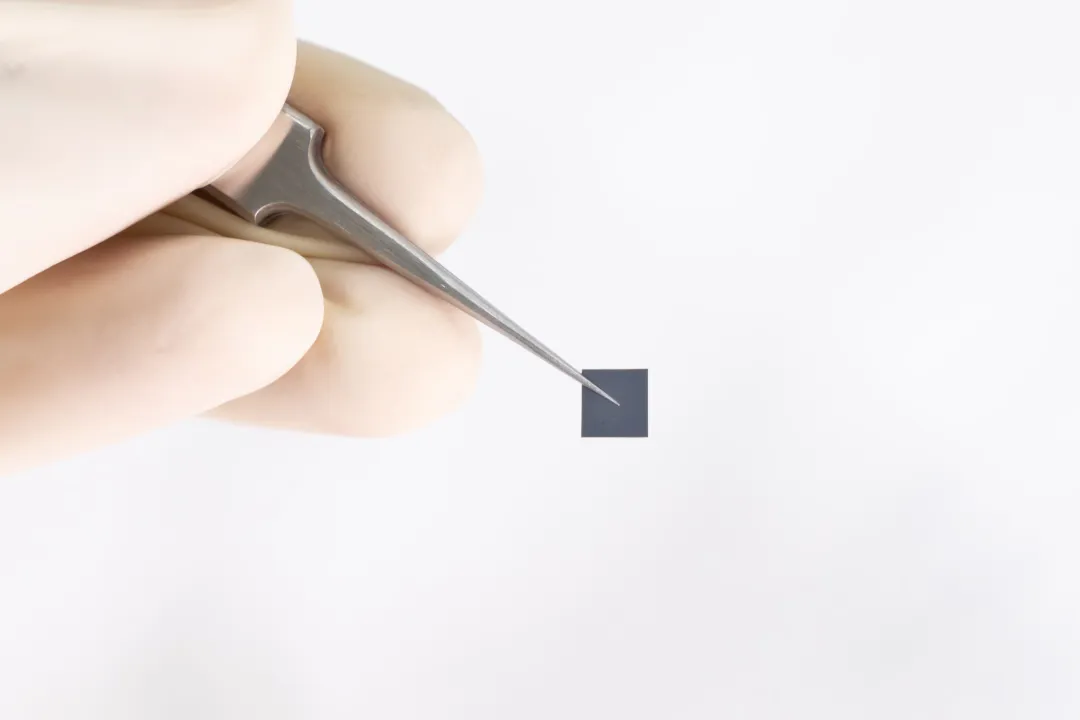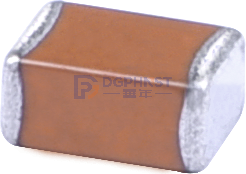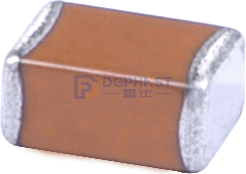TDK Corporation has successfully developed a material for the next-generation solid-state battery CeraCharge, with an energy density of 1000 Wh/L, which is approximately 100 times the energy density of traditional TDK solid-state batteries.
The energy density of the new solid-state battery is 100 times that of TDK traditional solid-state batteries. The goal of TDK is to develop new solid-state batteries that can be used for various wearable devices, such as wireless headphones, hearing aids, and smartwatches, to replace existing button batteries.

By utilizing TDK's proprietary material technology, TDK has successfully developed a new type of solid-state battery material. Due to the use of oxide solid electrolytes and lithium alloy anodes, its energy density is significantly higher than TDK's traditional mass-produced solid-state batteries (type: CeraCharge). In addition, the use of oxide solid electrolytes makes batteries particularly safe and suitable for wearable devices and other devices in direct contact with the human body.
According to EU battery regulations, button batteries require replacement with rechargeable batteries, which can be used to replace the original button batteries, thereby reducing their impact on the environment.
TDK will aim to develop new solid-state batteries, strive to develop battery cells and packaging structure designs, and move towards mass production. In addition, TDK will also apply the production engineering technology accumulated in the electronic components business to improve battery capacity and expand its operating temperature range through layer by layer stacking technology.
Main applications
Various wearable devices, such as wireless headphones, hearing aids, and smartwatches
Environmental sensors
Replacing button batteries
Main features and advantages
The use of oxide solid electrolytes makes batteries particularly safe
Smaller size and higher capacitance help to reduce device size and extend working time




